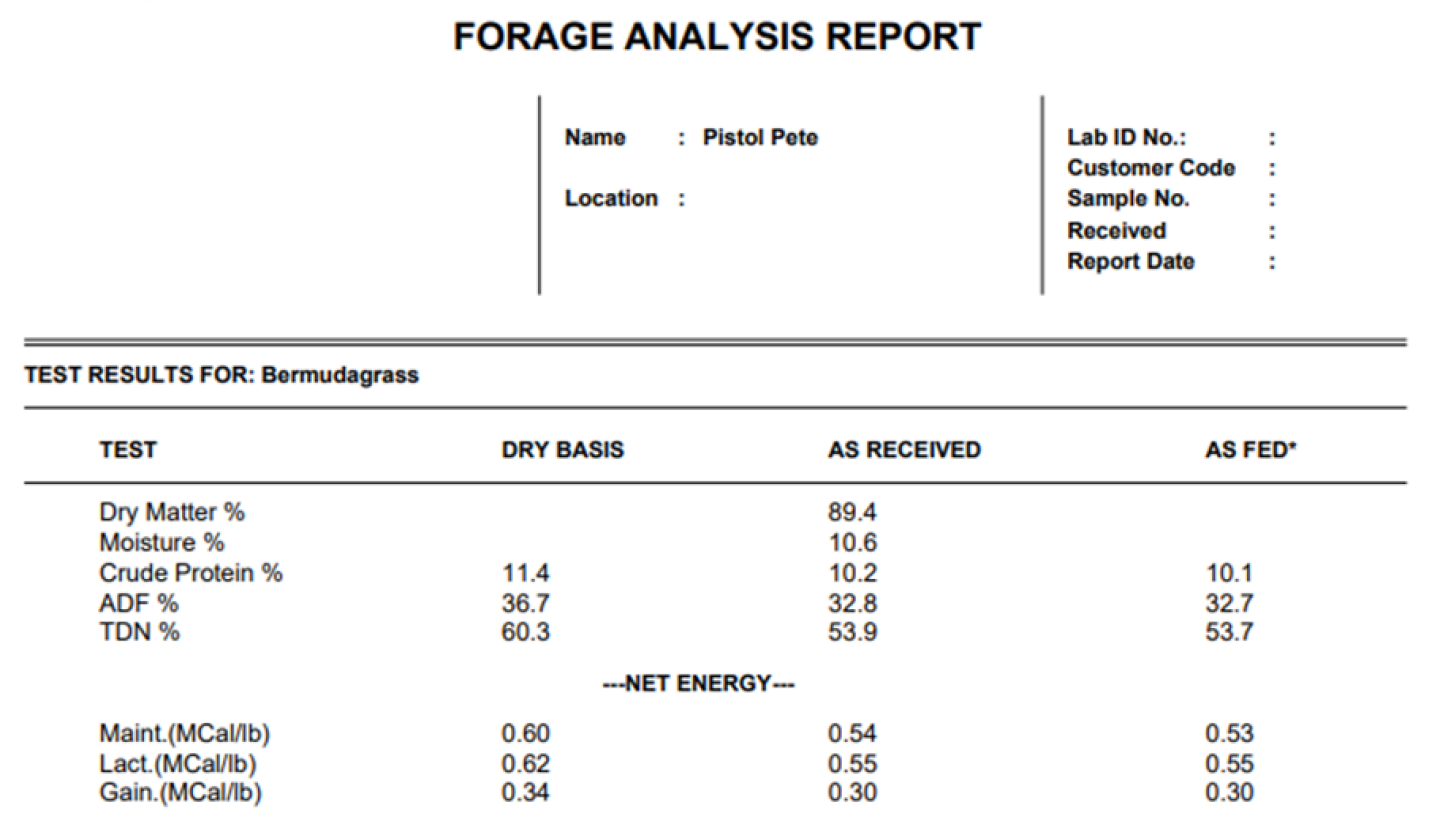Hay Quality Assessment: What to Look for for Your Horse

Ensuring your horse receives high-quality hay is essential for its health, performance, and overall well-being. Hay quality can vary significantly, so knowing what to look for helps you make informed choices. This guide covers key factors to assess hay quality, practical tips, and answers common questions.
Key Factors in Hay Quality Assessment

| Factor | What to Look For | Why It Matters |
|---|---|---|
| Appearance | Bright green color, free from mold and dust | Indicates freshness and nutrient retention |
| Smell | Sweet, fresh aroma | Avoids moldy or musty odors that signal spoilage |
| Texture | Soft, pliable leaves and stems | Easier to chew and digest |
| Leaf-to-Stem Ratio | Higher leaf content compared to stems | Leaves contain more nutrients than stems |
| Foreign Matter | Absence of weeds, dirt, or debris | Prevents ingestion of harmful substances |
| Moisture Content | Ideally 15-20% moisture | Prevents mold growth and preserves quality |
Additional Considerations
- Type of Hay: Different types like Timothy, Alfalfa, or Orchard Grass have varying nutritional profiles. Choose based on your horse’s dietary needs.
- Harvest Time: Early cut hay tends to be more nutrient-rich than late cut hay.
- Storage Conditions: Proper storage in a dry, ventilated area maintains hay quality.
Practical Tips for Buying Hay
- Inspect Before Purchase: Always check hay visually and by smell.
- Request a Sample: If possible, get a small sample to test with your horse.
- Buy from Reputable Suppliers: Trusted sources reduce the risk of poor-quality hay.
- Consider Nutritional Testing: For performance horses, lab analysis can guide feeding.
FAQ
Q: How can I tell if hay is moldy?
A: Look for white, gray, or black powdery spots and a musty smell.
Q: Is all green hay good quality?
A: Not necessarily; green color is a good sign but check for other factors like smell and texture.
Q: Can horses eat hay with some dust?
A: Minimal dust is usually okay, but excessive dust can cause respiratory issues.
Q: How often should I check hay quality?
A: Regularly, especially if stored for long periods.
By understanding these aspects of hay quality, you can ensure your horse receives nutritious, safe, and palatable feed that supports its health and performance.
